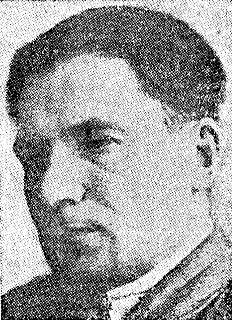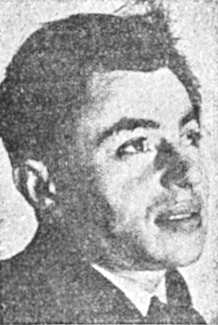Yisroel Shtern
Though Springtime, there was rain and snow,
and above the columns of night
grief clambered like a cat and terrorized all the roads.
I sat alone, leafing through an old holy book.
Then a phrase transcending generations shimmered
through my home like a crown, a proud phrase though old,
but I did not move towards this dream
with a silver platter, with bread and with salt.
And the phrase did not flash like lightning during my sleep,
and in the morning it did not sit by my head
with daggers of judgment and punishment aimed at my eyes;
it didn’t gnaw like sulfur permeating my days.
I arose Spring-like with the day’s dance,
wrote joy with my stick in the warm sand.
Woe did not drip into my breakfast repast
when a bloodied Jew came sliding along the wall
Leaden and blind like a cloud, unable to locate his house;
when laughter curls itself into the hairs of the brutes;
when my street hightails it swiftly and small as a mouse.
And in the park trees stand like hunters’ guns…
Neither the morning nor the afternoon was ashamed.
And the sun towered golden in town.
And neither in the sun, nor in the tree, nor in me did burn
the old-holy-book-phrase: “Man is formed from God”…
Translated by Miri Koral
(more…)

